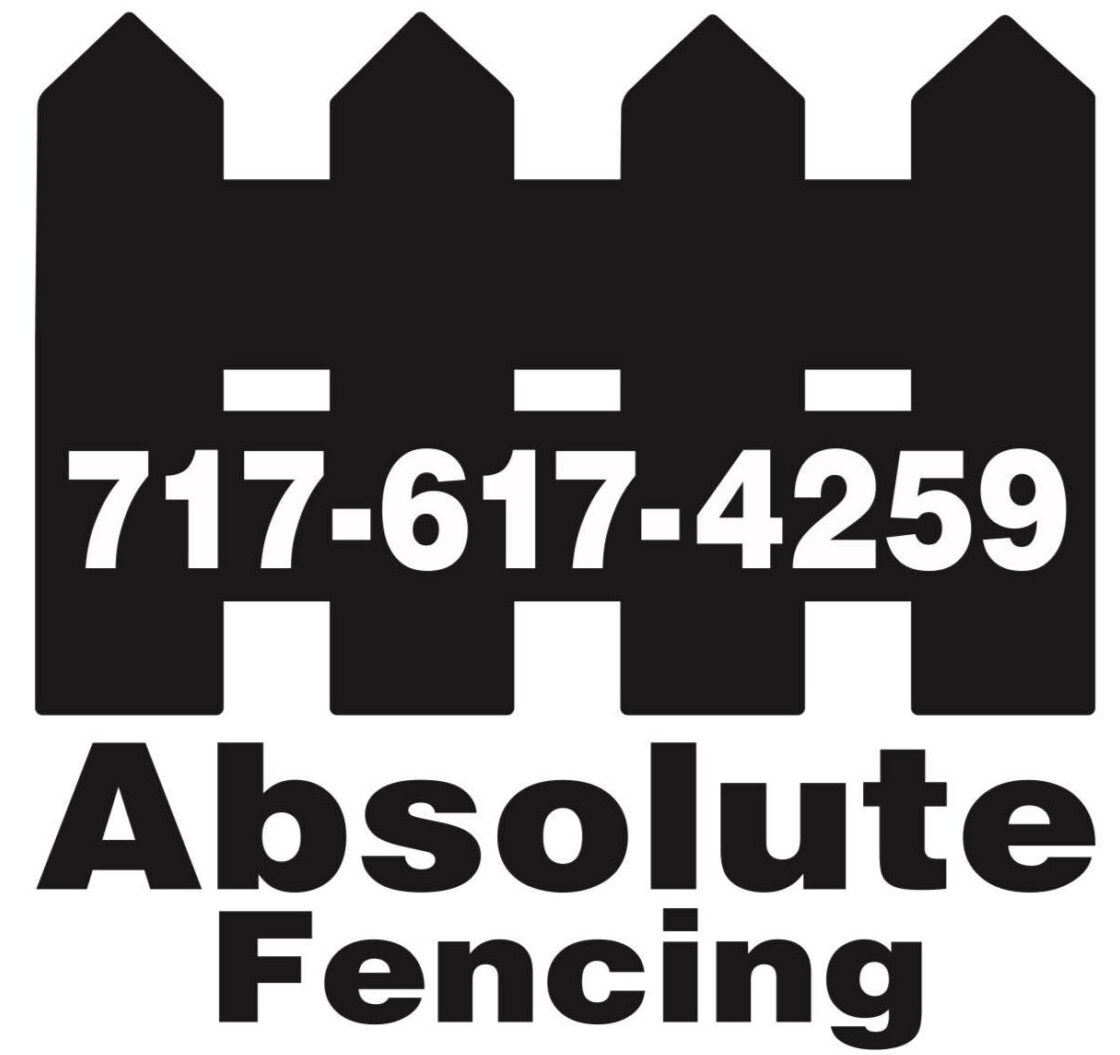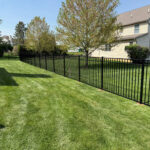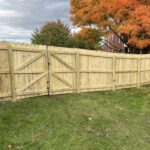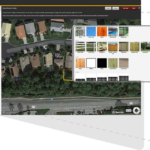Why Absolute Fencing Stands Above the Rest. PA’s Top Fencing Company!
When it comes to fencing companies, not all are created equal. At Absolute Fencing, PA’s Top Fencing Company we take a different approach. Here’s how we ensure the best experience and results for our customers making us one of the highest rated fence company around.
Continue ReadingInstalling Pool Fencing
Installing pool fencing in PA and Pool Fence Laws
It’s not a surprise that an in-ground pool-fence is a non-negotiable legal requirement enforced by Pennsylvania government. Pool fence laws called BOCA Pool Code are enforced for in-ground pools.
So, if you are unsure and wondering if you need a pool fence, the answer is yes. The only exception to the Pennsylvania pool fence law is if you have an above-ground pool with sides taller than 4 feet.
The Pennsylvania pool fence law is in place for good reason. Not only is it created to keep your family and friends safe, but also to make sure animals stay safe, too.
Here are a few of the low-maintenance, high-style fencing options that are sure to pass the Pennsylvania pool fence laws:
- Aluminum Pool Fence– Maintenance free style and modern, luxury living aluminum fencing is the upscale and beautiful way to protect your pool area.
- Vinyl Pool Fence– The classic white picket fence makes for a great backyard protector too! This requires slightly more maintenance than aluminum but is still a minimal time investment.
- Privacy Pool Fence– Whether it means vinyl, wood, or a hybrid of both materials, a privacy fence is a standard pool fence option.
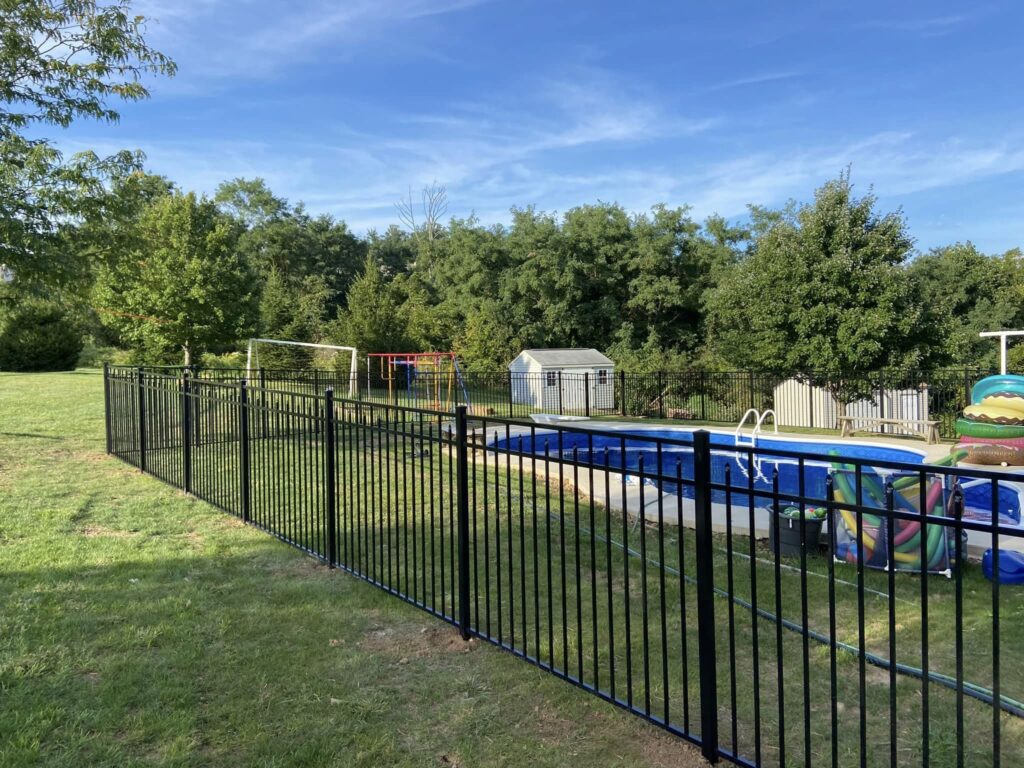
What are the steps to putting in a fence around your pool?
First, locate your property lines
- Check your county Recorder of Deeds to see if it has a survey on file for your property.
- If your government offices don’t have a survey, you will need to pay to have one done to make sure you are placing the fence on your property – not your neighbor’s!
Second, research local codes
- Do some online searching to find codes relevant to your residential property.
- Rules you are looking for include but are not limited to how far back your fence must be from the property line, and whether or not there’s a maximum height allowed.
- Don’t forget to check with your HOA!
- Who will own the fence? In Pennsylvania, a fence on the property line is shared between neighbors in PA in terms of cost of installation and maintenance or repair. It may mean you need to seek your neighbors’ approval of the type of fence you are installing – but it could also mean you can split the cost!
Third, get the proper permits
- Once you know the local building code, you will know if you need to get a permit to build a fence. A permit is usually required. We can help with that!
Pool fence requirements in Pennsylvania
Pool fences typically have the strictest requirements since they’re needed for safety. Here are a few requirements for Pennsylvania as a whole, although local laws usually go more in depth.
- Any body of water more than 24-inches deep is considered a pool and must meet required safety standards.
- All pools must be fenced on all sides with a structure at least 48-inches high.
- For above ground pools: The sides of the pool, if 48 inches, may be considered the fence. A removable or locking ladder is required, and it must be removed or locked when the pool is not in use.
- For in-ground pools: All fence gates must be self-closing and latching. A house may be used as the fourth side of the fence, but all doors leading to the pool area must have an audible warning device if no other gate or door is between the house and the pool. A power safety cover may also be used.
When Is the Best Time to Install a Pool Fence?
Do you install a fence first? Do you install the fence after the pool is done? The order of events in which you install your pool and its fence is particularly important if you’re not looking to spend unnecessary money during the build.
In most cases it makes the most sense to install the pool BEFORE installing the pool fence. This will make it easier for the pool construction team to build your pool without worrying about the fence and it being in the way! So, schedule your fence installation after the pool is complete. Plan ahead though! Please check with our lead times and schedule ahead.
